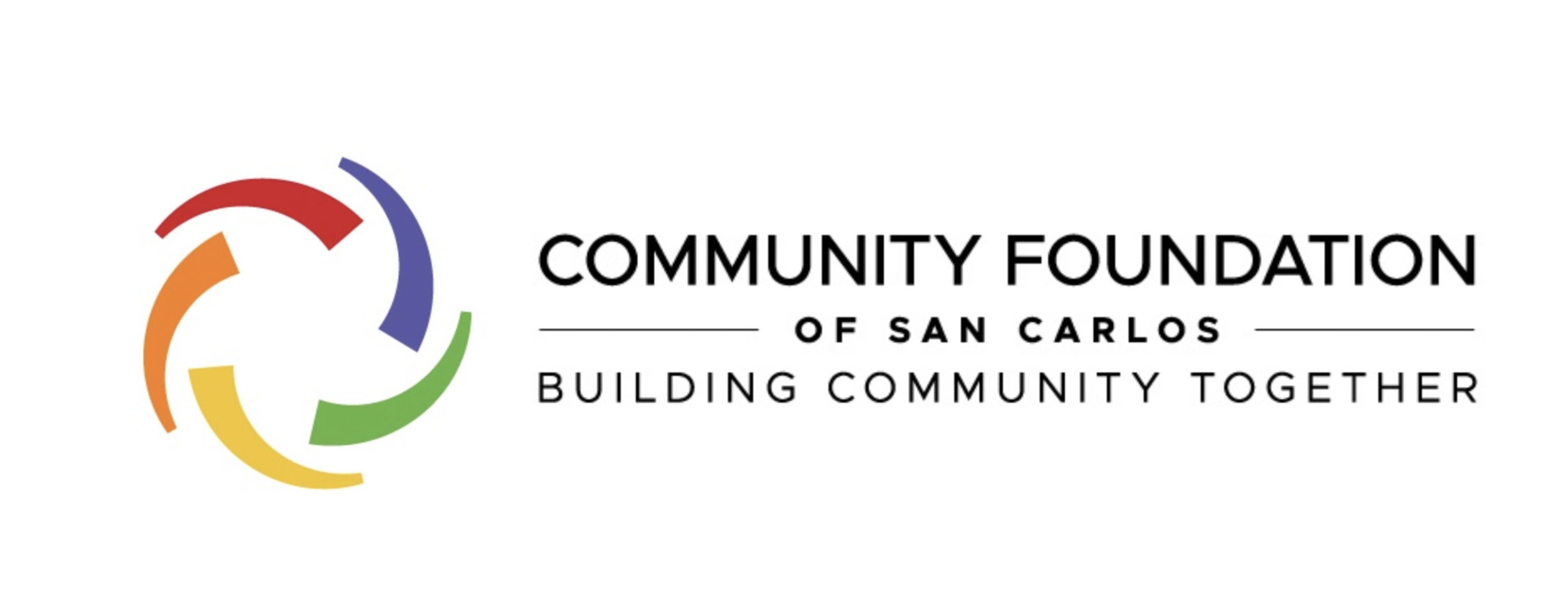Day 2: How to be an Anti-racist
Antiracist Definition: One who is supporting an antiracist policy through their actions or expressing an antiracist idea.
A person who practices anti-racism is someone who works to become aware of: 1) How racism affects the lived experience of people of color and Indigenous people; How racism is systemic, and has been part of many foundational aspects of society throughout history, and can be manifested in both individual attitudes and behaviors as well as formal (and "unspoken") policies and practices within institutions; How white people participate, often unknowingly, in racism. Peggy McIntosh and, later, Paul Kivel came up with "White Privilege" checklists that support white people in learning how whiteness—often without them recognizing it—shapes their place in society, and its impacts.
CHALLENGES
OPTION 1: Watch this video that explains that, while race and racism have a real and significant impact on our lives, race is a social construct and one that has changed over time. None of the broad categories that come to mind when we talk about race can capture an individual’s unique story. For more information, read this article on how science and genetics are reshaping our understanding of race.
OPTION 2: Watch this video about the difference between being non-racist and anti-racist. This 21 Day Challenge will encourage you and give you tools to be an anti-racist because it doesn’t require that you always know the right thing to say or do in any given situation. It asks that you take action and work against racism wherever you find it including, and perhaps most especially, in yourself.
OPTION 3: Common Racist Attitudes. Review this list of 28 common racist attitudes and behaviors that indicate a detour or wrong turn into white guilt, denial, or defensiveness.
OTHER RESOURCES
Jay Smooth: "How I Learned to Stop Worrying and Love Discussing Race"
Allegories on Race. Watch Dr. Jones' TED talk on the "Allegories on Race and Racism" where she shares four short stories to help us understand privilege and racism
Systemic Racism. Check out this short video from Race Forward about the levels and the importance of looking at systemic, not simply individual, racism
Racist or Antiracist. Listen to Ibram X. Kendi's interview with CBC Radio-Canada on his view on how we are either being racist or antiracist, there is no middle ground. Listen to the whole interview (51mins19s) or the portion on his understanding of race, harboring racist ideas and challenging racist assumptions (20mins34s).

